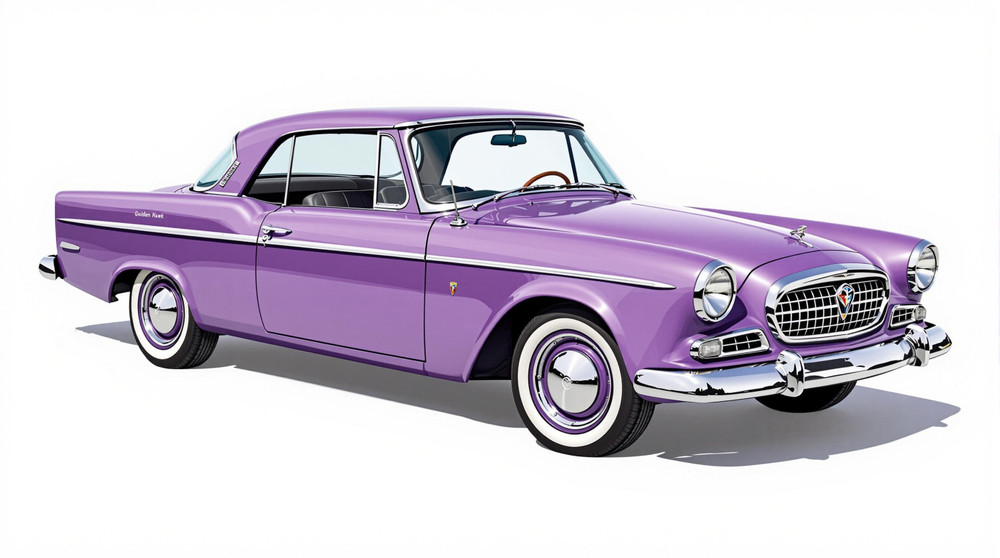Image of 1958 Studebaker Golden Hawk, Note: These illustrations use artistic license and may differ from actual historical models.
Performance Metrics
Fundamental Metrics
Emotional Appeal
MMP Rating
| Engine Specifications | |
|---|---|
| Engine: | Supercharged 289 CID V8 |
| Displacement: | 289 cubic inches (4.7 liters) |
| Horsepower: | 275 hp |
| Torque: | 333 lb-ft |
| Compression Ratio: | 8.5:1 |
| Ignition System: | Distributor and coil |
| Cooling System: | Water-cooled |
| Performance Specifications | |
| 0-60 Time: | 7.8 seconds |
| 1/4 Mile Time: | 16 seconds |
| Top Speed: | 125 mph |
| Transmission and Drive | |
| Drive Type: | Rear-wheel drive |
| Transmission Type: | 3-speed automatic or 3-speed manual with overdrive |
| Fuel and Efficiency | |
| Fuel System Type: | Single 2-barrel carburetor |
| MPG: | 14-16 mpg |
| Dimensions and Brakes | |
| Brakes: | Drum brakes on all four wheels |
| Wheelbase: | 120.5 inches |
| Weight: | 3,460 lbs |
Note: Specifications for classic cars are given to the best of our ability, considering the limited and variant data available.
Introduction
The 1958 Studebaker Golden Hawk emerges as a gleaming testament to the audacious spirit of mid-century American automotive design. Born from the ambitious Studebaker-Packard Corporation, this vehicle is a shining example of innovation and style. The Golden Hawk was part of the halo car strategy, designed to capture both the imagination and aspirations of post-war America. It stood as a symbol of progress during an era marked by a fascination with jet aircraft and space exploration, which is mirrored in its bold and futuristic lines. A notable moment in its history includes its role as one of the earliest American cars to offer a supercharged engine—a feature that added to its allure and performance credentials.
Design and Innovation
The exterior of the 1958 Studebaker Golden Hawk exudes an air of confidence with its low-slung profile, pronounced fins, and a distinctive grille that commands attention. The vehicle's design was a harmonious blend of aerodynamics and artistry, with a hawk-inspired hood ornament that seemed ready to take flight. Inside, passengers were greeted by a cabin that showcased the quality materials of the era, including rich leather upholstery and chrome accents. Technologically advanced for its time, it featured innovations like a supercharged V8 engine. Color options ranged from subtle to vibrant, with the Tiara Gold over Arctic White combination being particularly popular among enthusiasts. The Golden Hawk was available in a two-door coupe body style that has since become iconic.
Historical Significance
The Studebaker Golden Hawk's impact on automotive design was profound, setting new standards for performance-oriented personal luxury coupes. It differentiated itself from contemporaries with its supercharger—a rarity at the time—and its bold styling that blended speed with luxury. The Golden Hawk's influence can be seen in later grand touring cars that sought to balance opulence with horsepower.
Performance and Handling
Under the hood, the 1958 Golden Hawk boasted a supercharged 289 cubic inch V8 engine that propelled it to impressive speeds for its time. With a top speed nearing 125 mph and capable of sprinting from 0-60 mph in under 9 seconds, it was among the fastest production cars of its era. On the road, it handled with poise, absorbing bumps while remaining composed through windy conditions. Driving one was an experience filled with sensory delights—from the whine of the supercharger to the throaty roar of the exhaust.
Ownership Experience
The Golden Hawk found its niche among those who appreciated both performance and panache. While some used it as a daily driver or show car, others enjoyed its capabilities on the racing circuit. Maintenance could be demanding given its complex mechanicals, yet many owners found joy in tinkering with their Hawks. Reliability was typical for the period; regular care ensured longevity.
Fun Facts
This classic car boasts several fun facts: it was one of the few models at the time to offer seat belts as an option; it also had celebrity ties, being owned by personalities who appreciated its unique blend of speed and style. While not record-breaking in sales or endurance, it held its own in terms of performance benchmarks for personal luxury cars.
Collector's Information
In today's market, a well-preserved 1958 Studebaker Golden Hawk can fetch anywhere from $60,000 to over $100,000 depending on condition and originality. Approximately 4,356 units were produced in 1958, making them relatively rare finds for collectors. Over time, values have generally appreciated as enthusiasts seek out these icons of American automotive history.
Conclusion
The 1958 Studebaker Golden Hawk stands as a beacon of mid-century design and engineering prowess—a true jewel in the crown of American automotive heritage. Its blend of power, elegance, and innovation continues to captivate collectors and classic car aficionados alike.
1958 Studebaker Golden Hawk Catalog of Parts
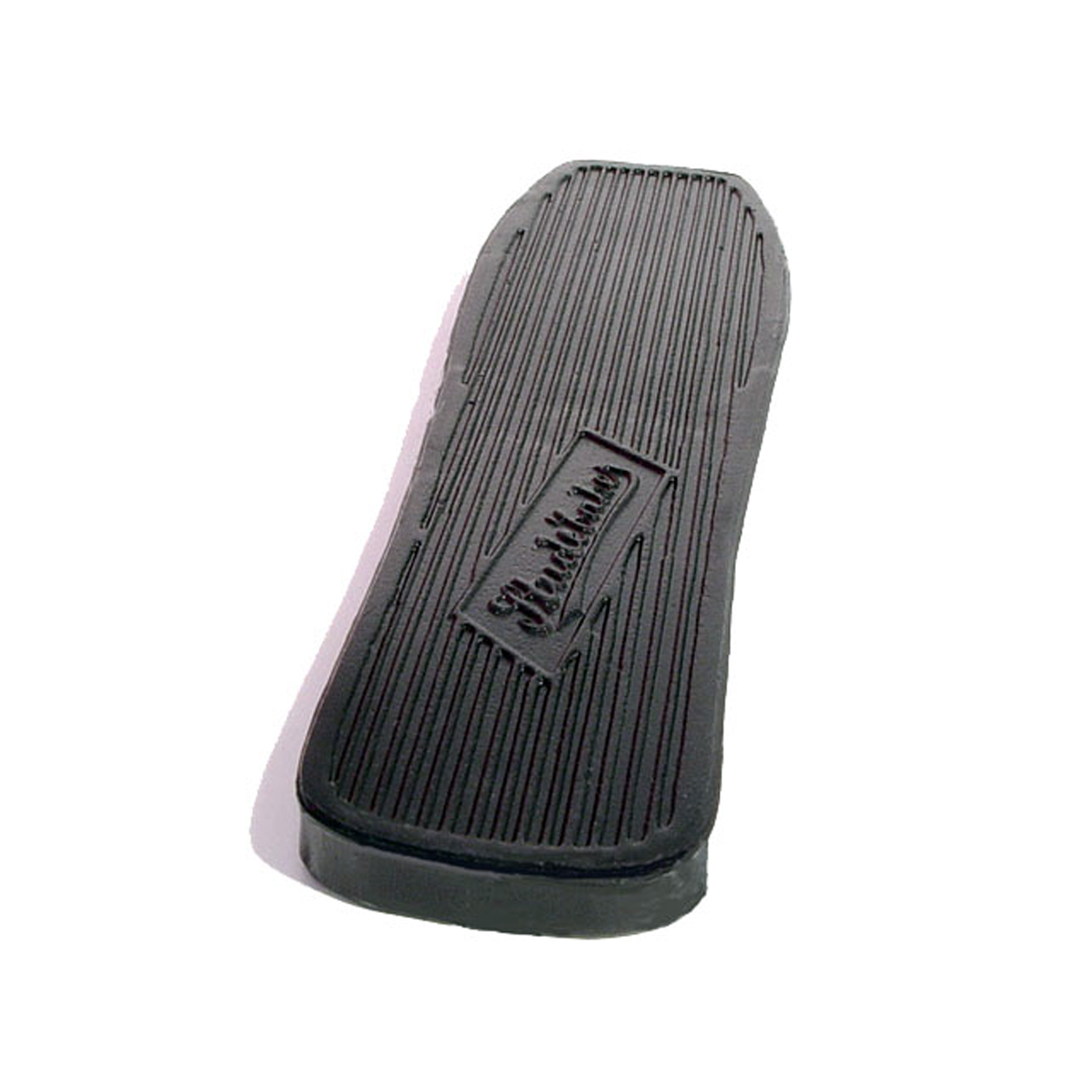 1958 Studebaker Golden Hawk Accelerator Pedal Pad, 2-3/8" X 9", Each-AP 22Accelerator Pedal Pad, 2-3/8" X 9", Each
1958 Studebaker Golden Hawk Accelerator Pedal Pad, 2-3/8" X 9", Each-AP 22Accelerator Pedal Pad, 2-3/8" X 9", Each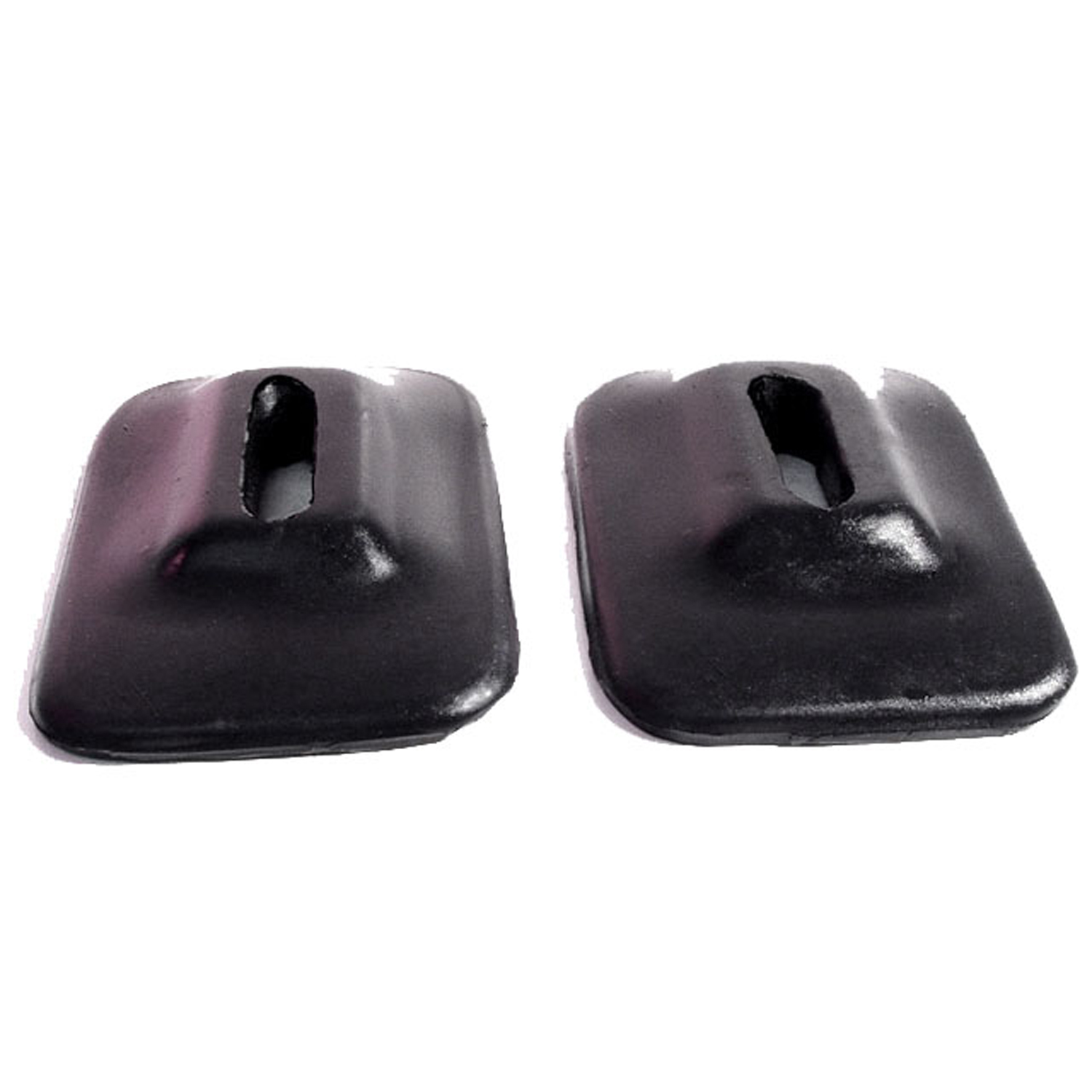 1958 Studebaker Golden Hawk Front and Rear Bumper Arm Grommets-BG 45Front and Rear Bumper Arm Grommets. 2-3/4" wide X 4-1/8" long, with 1-5/8" long inner slot. Pair
1958 Studebaker Golden Hawk Front and Rear Bumper Arm Grommets-BG 45Front and Rear Bumper Arm Grommets. 2-3/4" wide X 4-1/8" long, with 1-5/8" long inner slot. Pair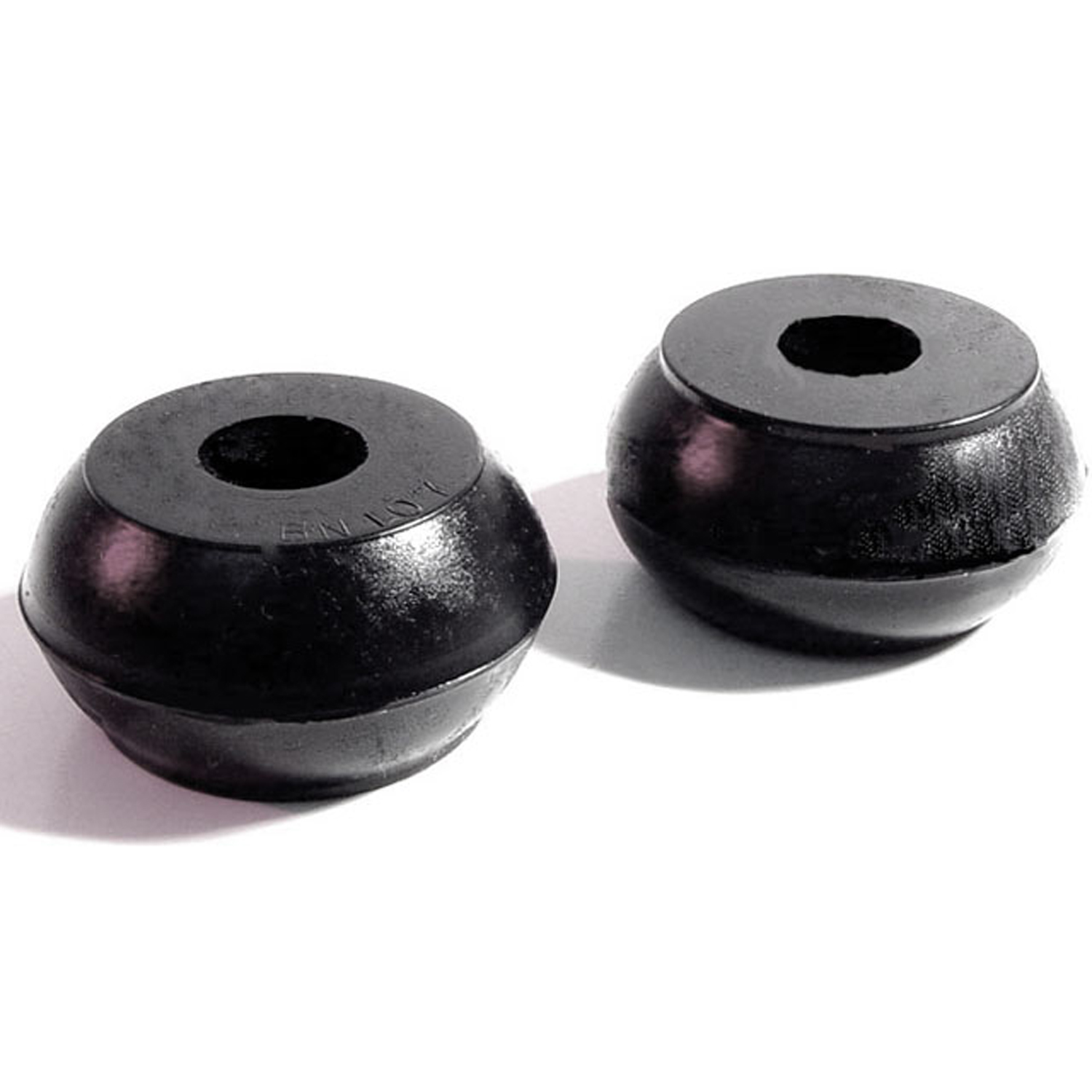 1958 Studebaker Golden Hawk Power Steering Bushing. 1-9/16" O.D., 7/16" I.D. Pair-BN 107Power Steering Bushing. 1-9/16" O.D., 7/16" I.D. Pair
1958 Studebaker Golden Hawk Power Steering Bushing. 1-9/16" O.D., 7/16" I.D. Pair-BN 107Power Steering Bushing. 1-9/16" O.D., 7/16" I.D. Pair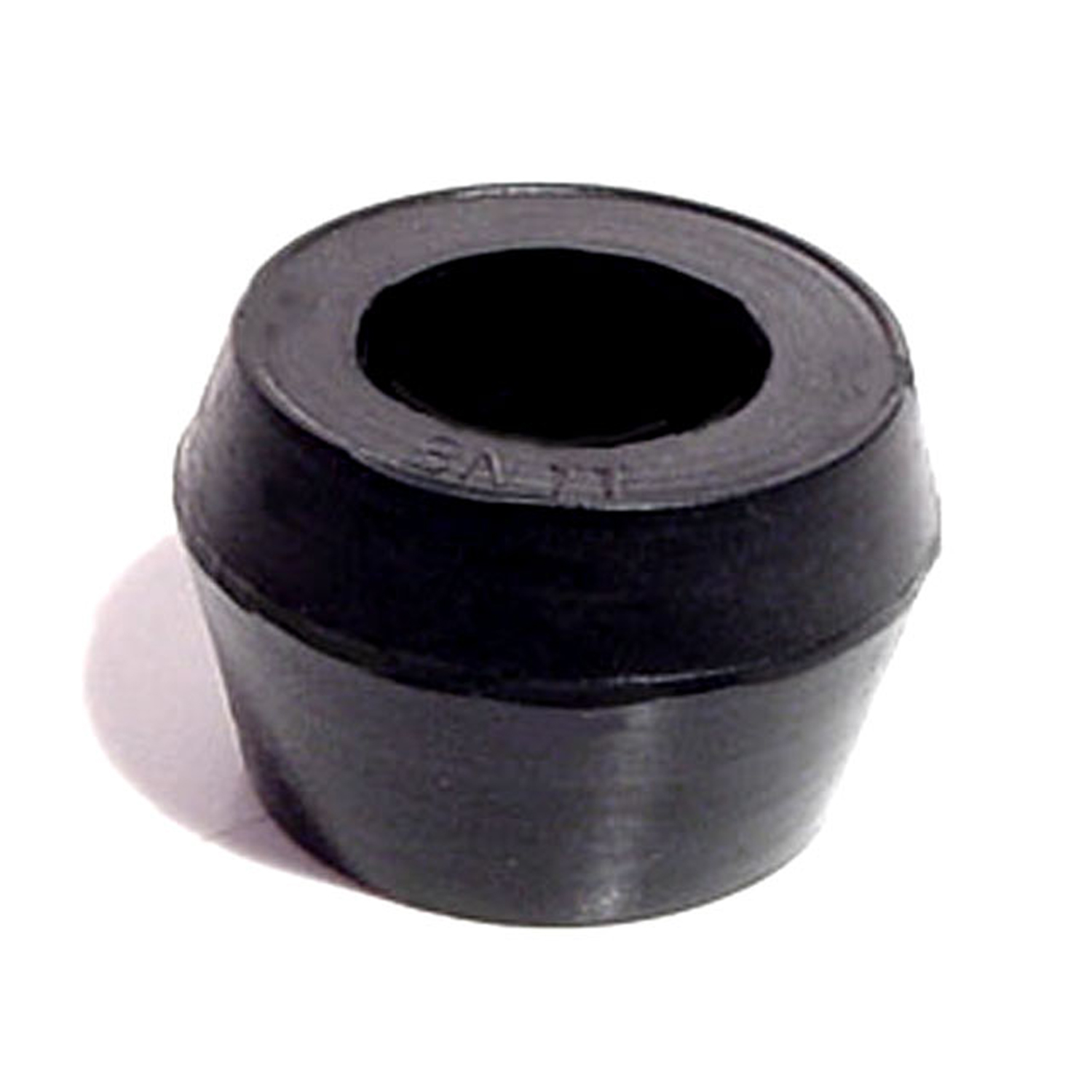 1958 Studebaker Golden Hawk Shock Absorber Grommet. 1" bottom O.D-BN 11Shock Absorber Grommet. 1" bottom O.D., 3/4" high, with 5/8" I.D. Each
1958 Studebaker Golden Hawk Shock Absorber Grommet. 1" bottom O.D-BN 11Shock Absorber Grommet. 1" bottom O.D., 3/4" high, with 5/8" I.D. Each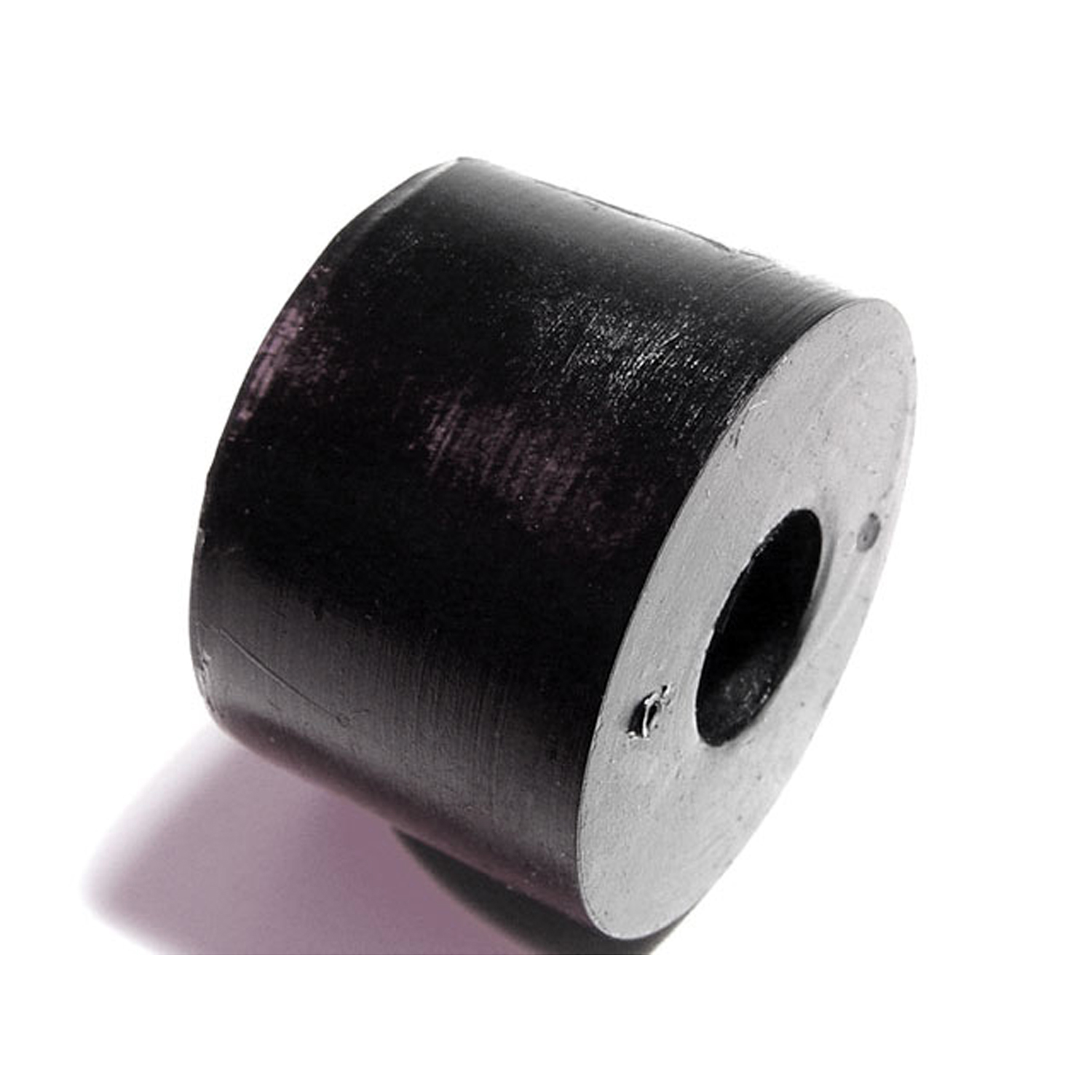 1958 Studebaker Golden Hawk Shock Absorber Grommet. 1" bottom O.D., 5/8" high-BN 13Shock Absorber Grommet. 1" bottom O.D., 5/8" high., with 3/8" I.D. Each
1958 Studebaker Golden Hawk Shock Absorber Grommet. 1" bottom O.D., 5/8" high-BN 13Shock Absorber Grommet. 1" bottom O.D., 5/8" high., with 3/8" I.D. Each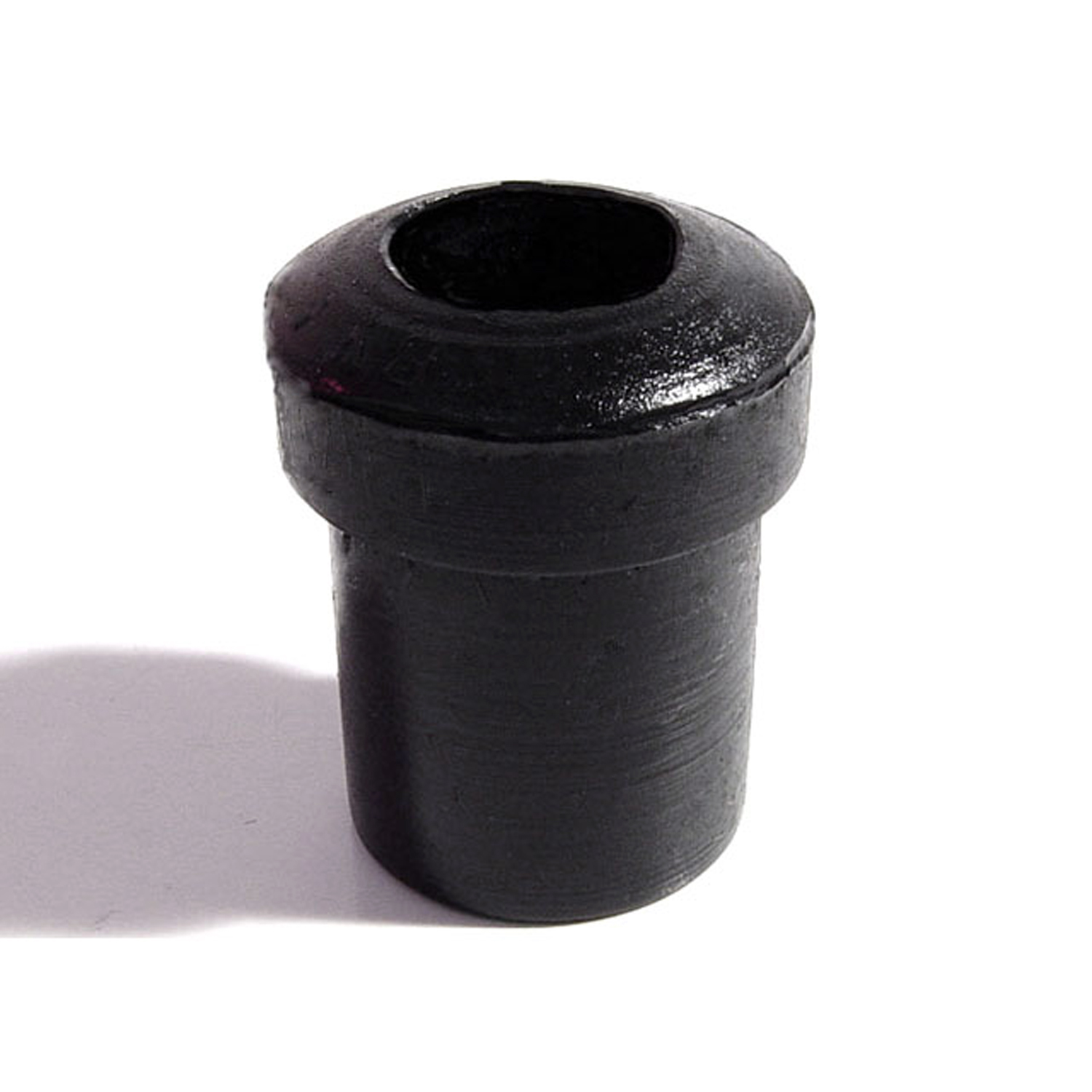 1958 Studebaker Golden Hawk Spring and Shackle Bushing. 7/8" bottom O.D-BN 16Spring and Shackle Bushing. 7/8" bottom O.D. X 1-1/8" high, with 1/2" I.D. Each
1958 Studebaker Golden Hawk Spring and Shackle Bushing. 7/8" bottom O.D-BN 16Spring and Shackle Bushing. 7/8" bottom O.D. X 1-1/8" high, with 1/2" I.D. Each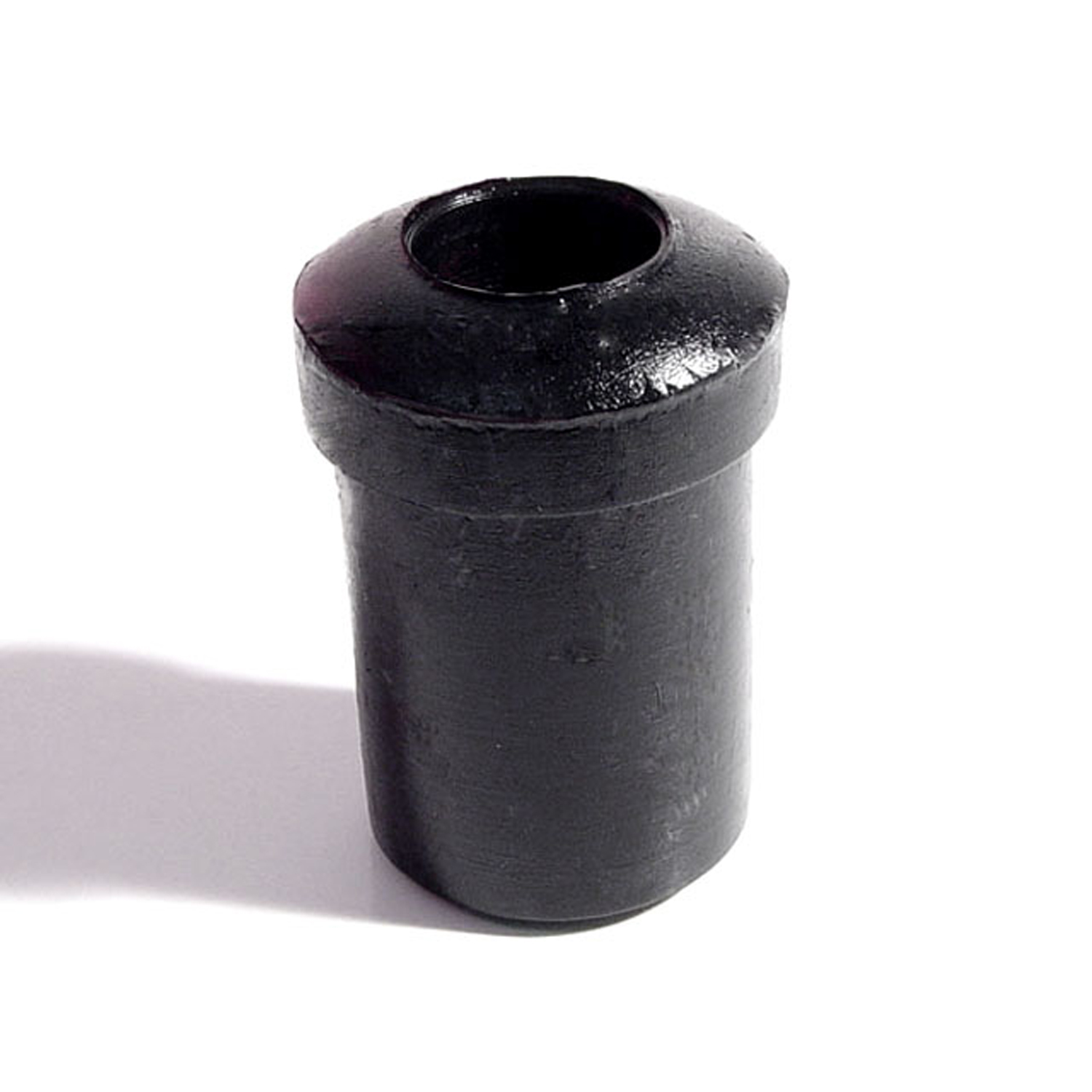 1958 Studebaker Golden Hawk Spring and Shackle Bushing. 1" bottom O.D-BN 20Spring and Shackle Bushing. 1" bottom O.D. X 1-5/8" high, with 9/16" I.D. Each
1958 Studebaker Golden Hawk Spring and Shackle Bushing. 1" bottom O.D-BN 20Spring and Shackle Bushing. 1" bottom O.D. X 1-5/8" high, with 9/16" I.D. Each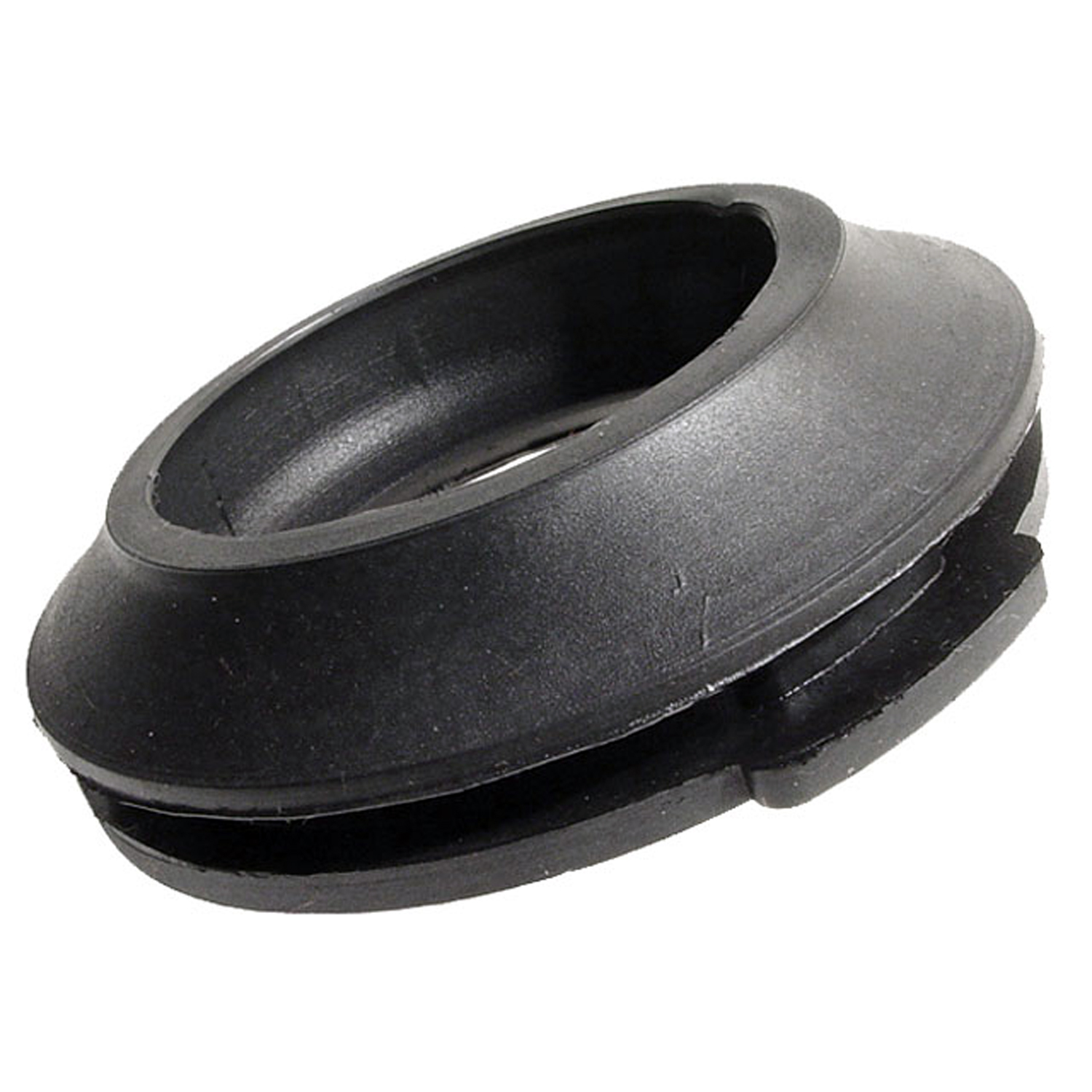 1958 Studebaker Golden Hawk Gas Filler Grommet. Perfect reproduction. Top 2-1/16" I.D-GF 45Gas Filler Grommet. Perfect reproduction. Top 2-1/16" I.D., 3-7/16" O.D. Each
1958 Studebaker Golden Hawk Gas Filler Grommet. Perfect reproduction. Top 2-1/16" I.D-GF 45Gas Filler Grommet. Perfect reproduction. Top 2-1/16" I.D., 3-7/16" O.D. Each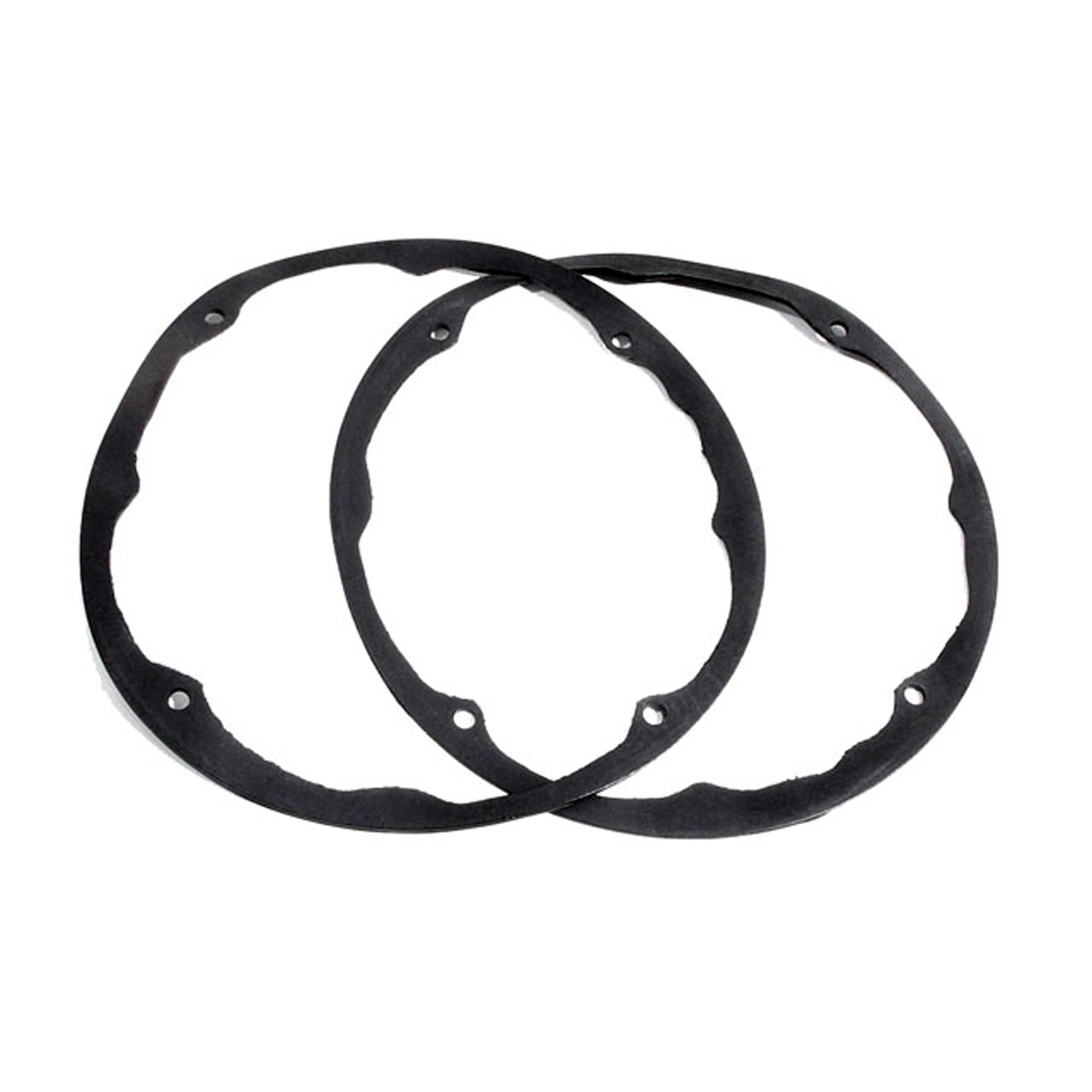 1958 Studebaker Golden Hawk Headlight Ring Seal. 8-5/8" O.D., 7-7/8" I.D. Pair-HR 16Headlight Ring Seal. 8-5/8" O.D., 7-7/8" I.D. Pair
1958 Studebaker Golden Hawk Headlight Ring Seal. 8-5/8" O.D., 7-7/8" I.D. Pair-HR 16Headlight Ring Seal. 8-5/8" O.D., 7-7/8" I.D. Pair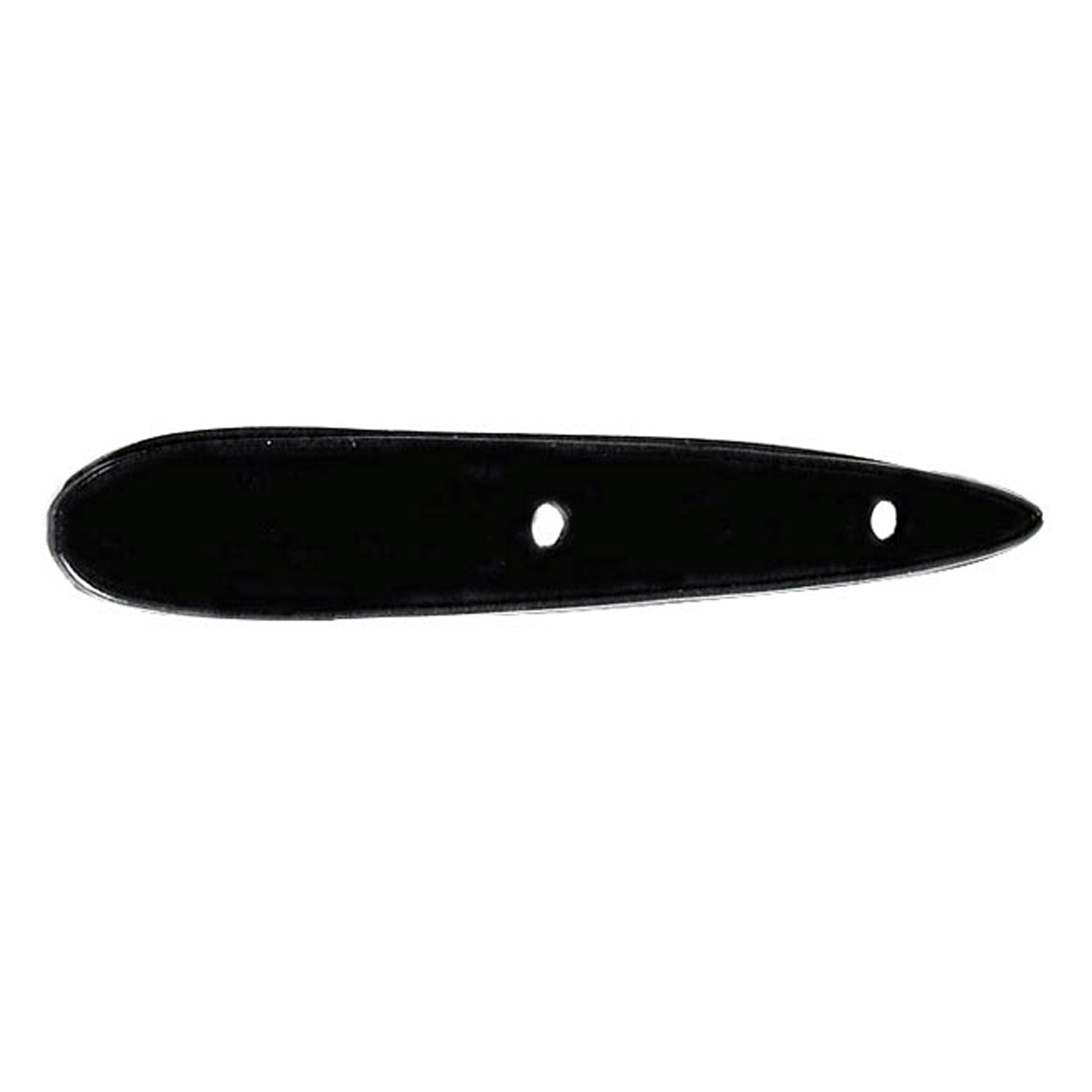 1958 Studebaker Golden Hawk Mirror Pad. Similar to MP 965-B, check dimensions-MP 965-AMirror Pad. Similar to MP 965-B, check dimensions. 1" wide X 7" long. Each
1958 Studebaker Golden Hawk Mirror Pad. Similar to MP 965-B, check dimensions-MP 965-AMirror Pad. Similar to MP 965-B, check dimensions. 1" wide X 7" long. Each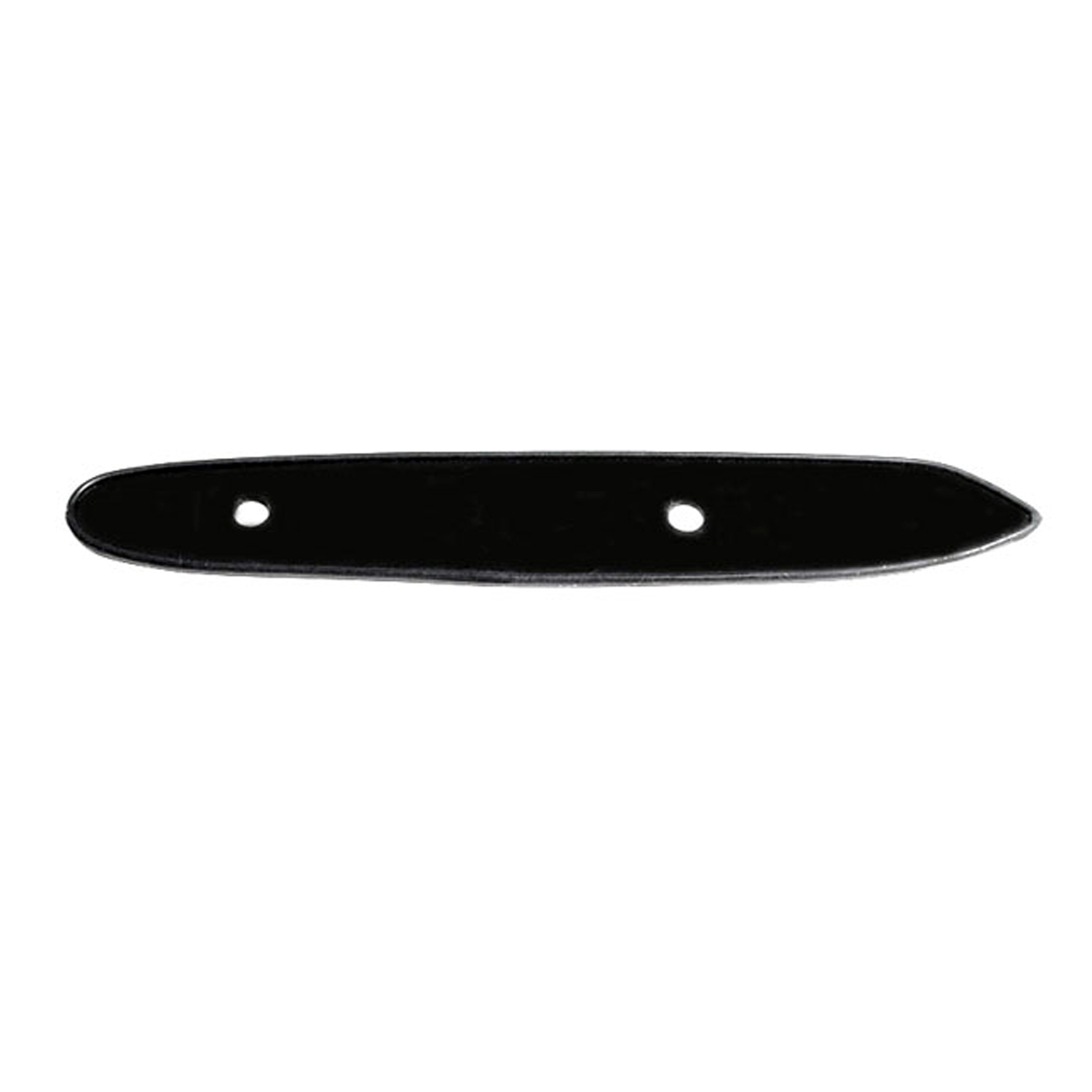 1958 Studebaker Golden Hawk Mirror Pad. Similar to MP 965-A, check dimensions-MP 965-BMirror Pad. Similar to MP 965-A, check dimensions. 1-1/8" wide X 6-3/4" long. Each
1958 Studebaker Golden Hawk Mirror Pad. Similar to MP 965-A, check dimensions-MP 965-BMirror Pad. Similar to MP 965-A, check dimensions. 1-1/8" wide X 6-3/4" long. Each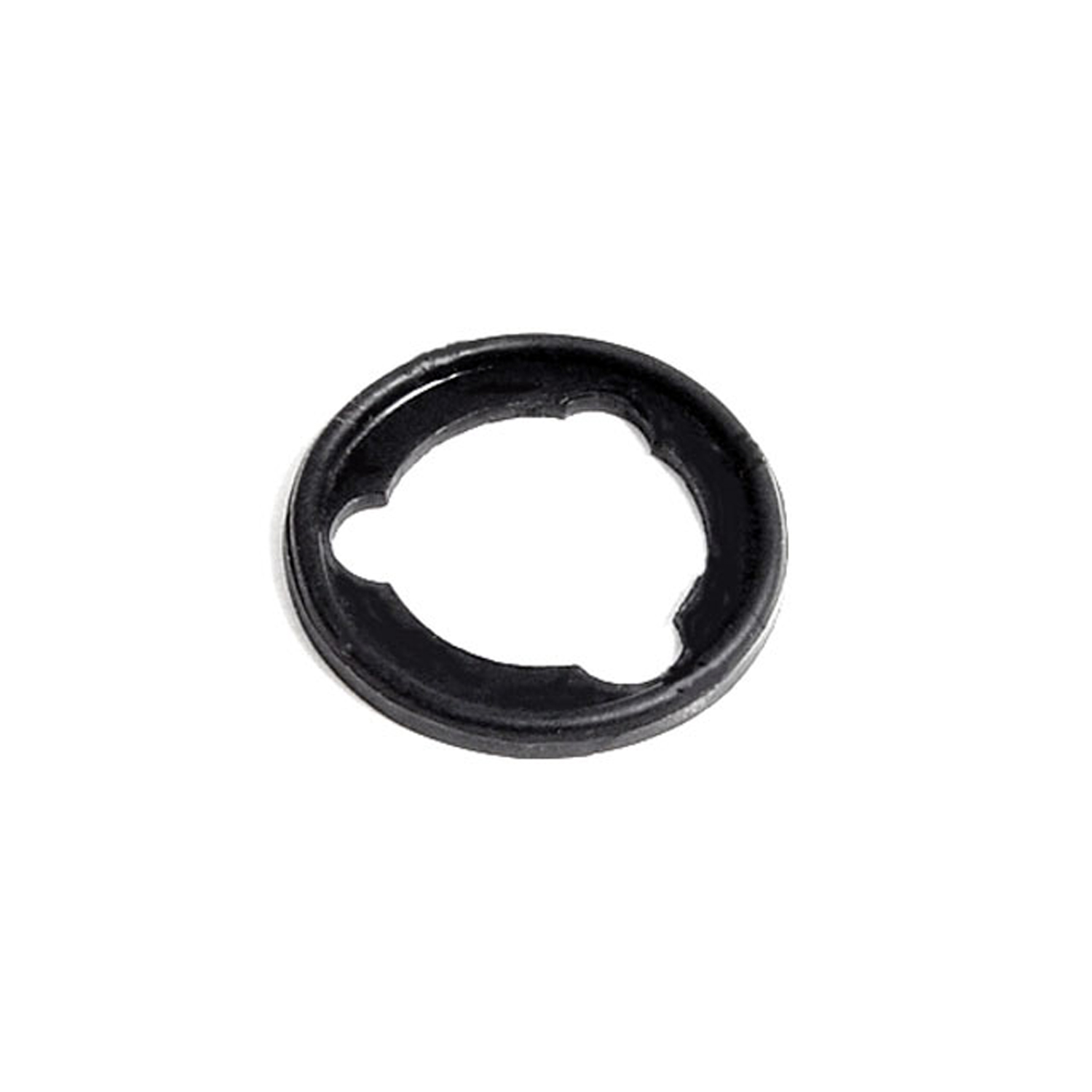 1958 Studebaker Golden Hawk Door Lock Pad. 1-1/8" O.D. Each-MP 979Door Lock Pad. 1-1/8" O.D. Each
1958 Studebaker Golden Hawk Door Lock Pad. 1-1/8" O.D. Each-MP 979Door Lock Pad. 1-1/8" O.D. Each 1958 Studebaker Golden Hawk Rubber Seal Behind Fender on Headlights-MP 979-CRubber Seal Behind Fender on Headlights. 8-7/8" wide X 10" long. Pair
1958 Studebaker Golden Hawk Rubber Seal Behind Fender on Headlights-MP 979-CRubber Seal Behind Fender on Headlights. 8-7/8" wide X 10" long. Pair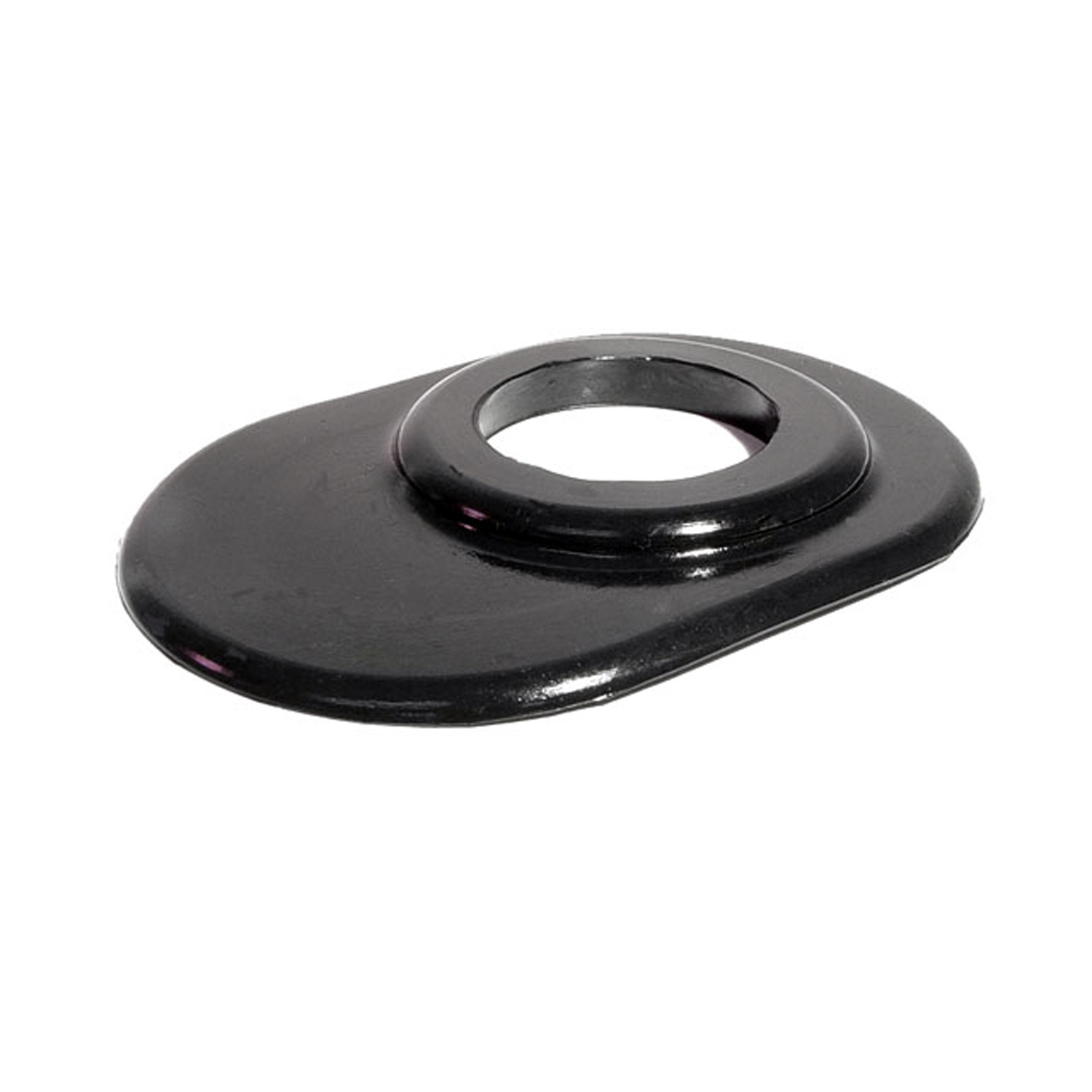 1958 Studebaker Golden Hawk Steering Column Grommet. For 3-speed models. Each-SC 24-ASteering Column Grommet. For 3-speed models. Each
1958 Studebaker Golden Hawk Steering Column Grommet. For 3-speed models. Each-SC 24-ASteering Column Grommet. For 3-speed models. Each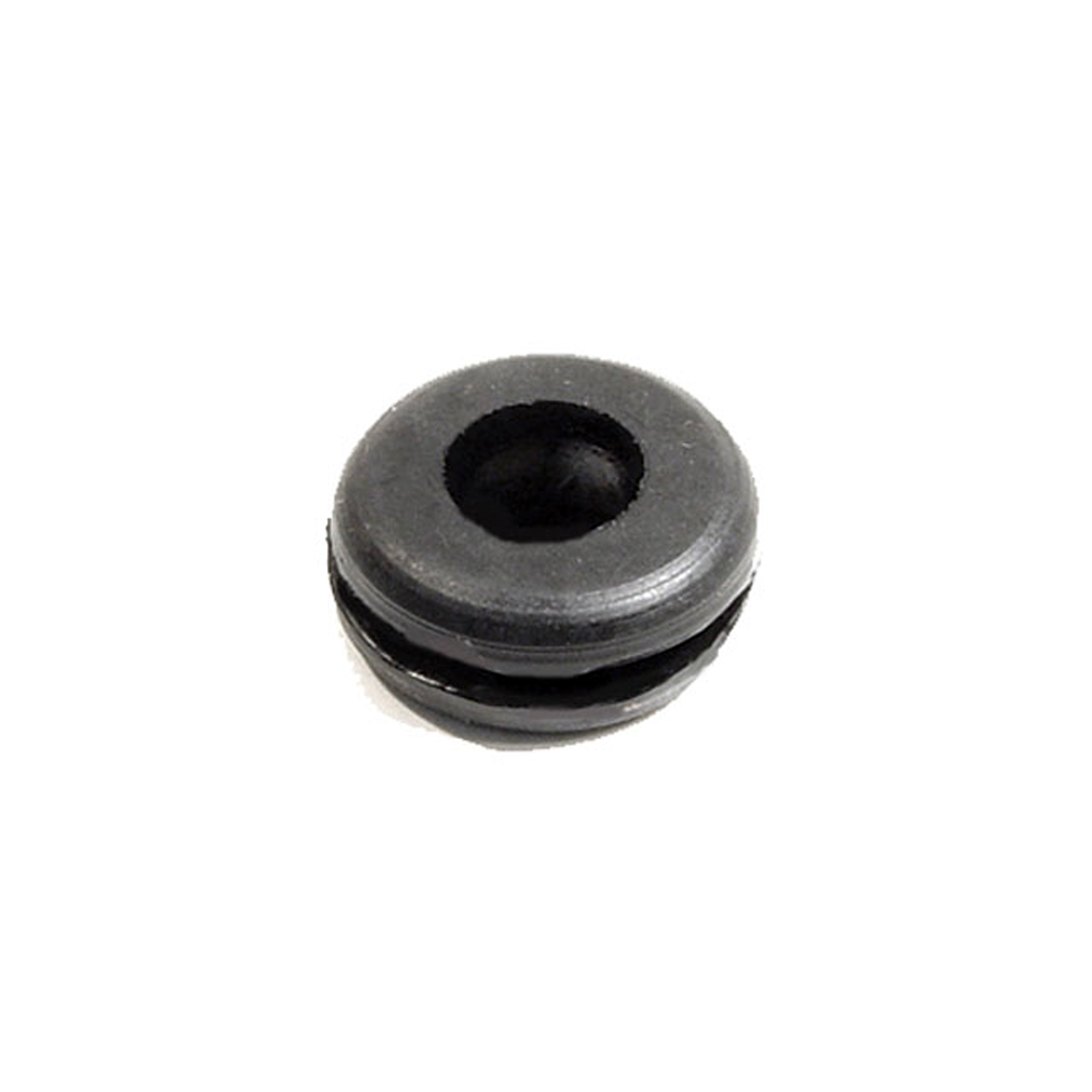 1958 Studebaker Golden Hawk Headlight & Tail-Light Wire Grommet. 3/8" I.D., 7/8" O.D-SM 13-AHeadlight & Tail-Light Wire Grommet. 3/8" I.D., 7/8" O.D. Each
1958 Studebaker Golden Hawk Headlight & Tail-Light Wire Grommet. 3/8" I.D., 7/8" O.D-SM 13-AHeadlight & Tail-Light Wire Grommet. 3/8" I.D., 7/8" O.D. Each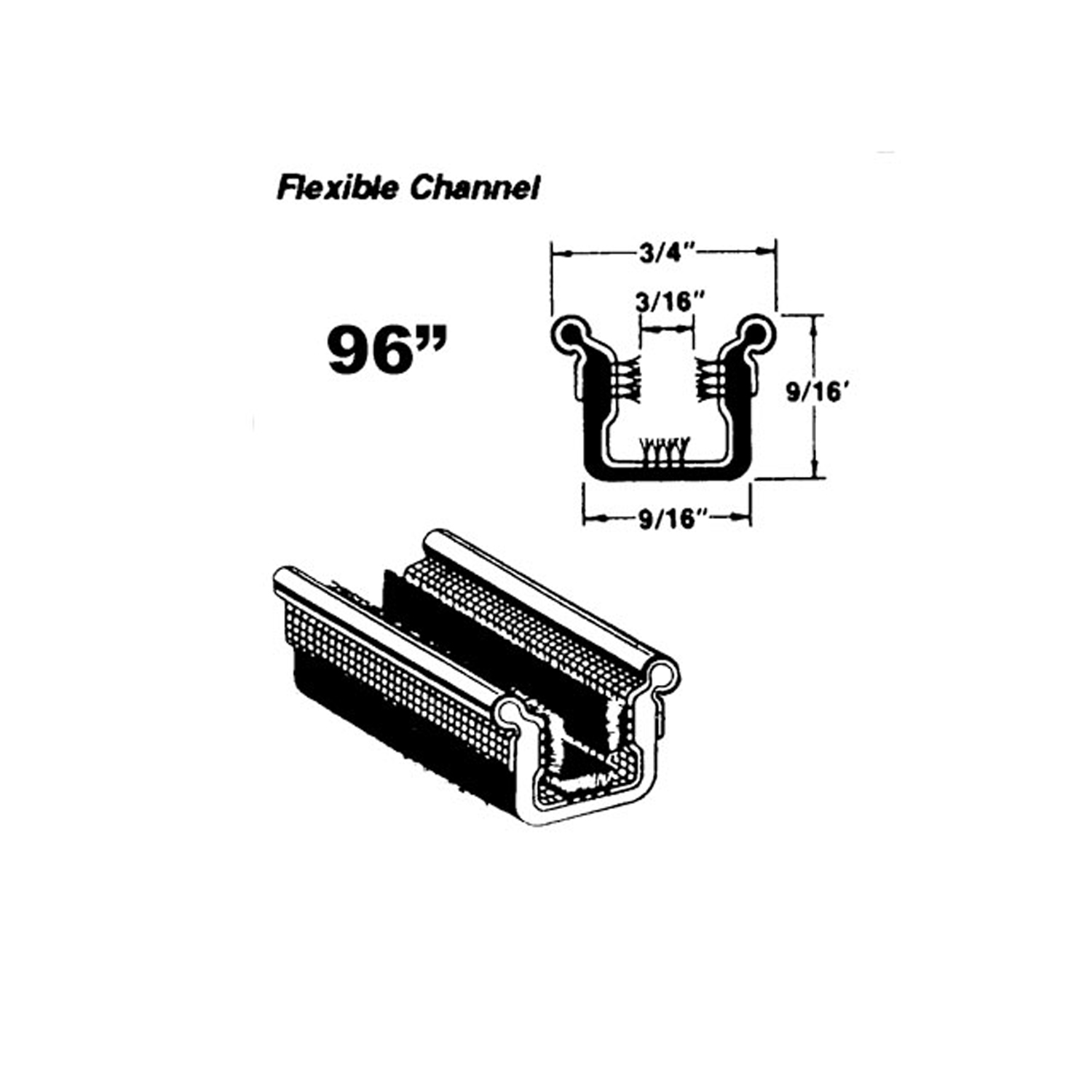 1958 Studebaker Golden Hawk Flexible window channel-WC 10-96Flexible window channel. Rubber covered with mohair lining and stainless steel bead. 96 in. long. Each. NOTE: $20 special shipping charge applies for domestic orders. Call or email for overseas shipping costs. Part can be sectioned in two or three equal lengths to reduce overseas shipping costs.
1958 Studebaker Golden Hawk Flexible window channel-WC 10-96Flexible window channel. Rubber covered with mohair lining and stainless steel bead. 96 in. long. Each. NOTE: $20 special shipping charge applies for domestic orders. Call or email for overseas shipping costs. Part can be sectioned in two or three equal lengths to reduce overseas shipping costs.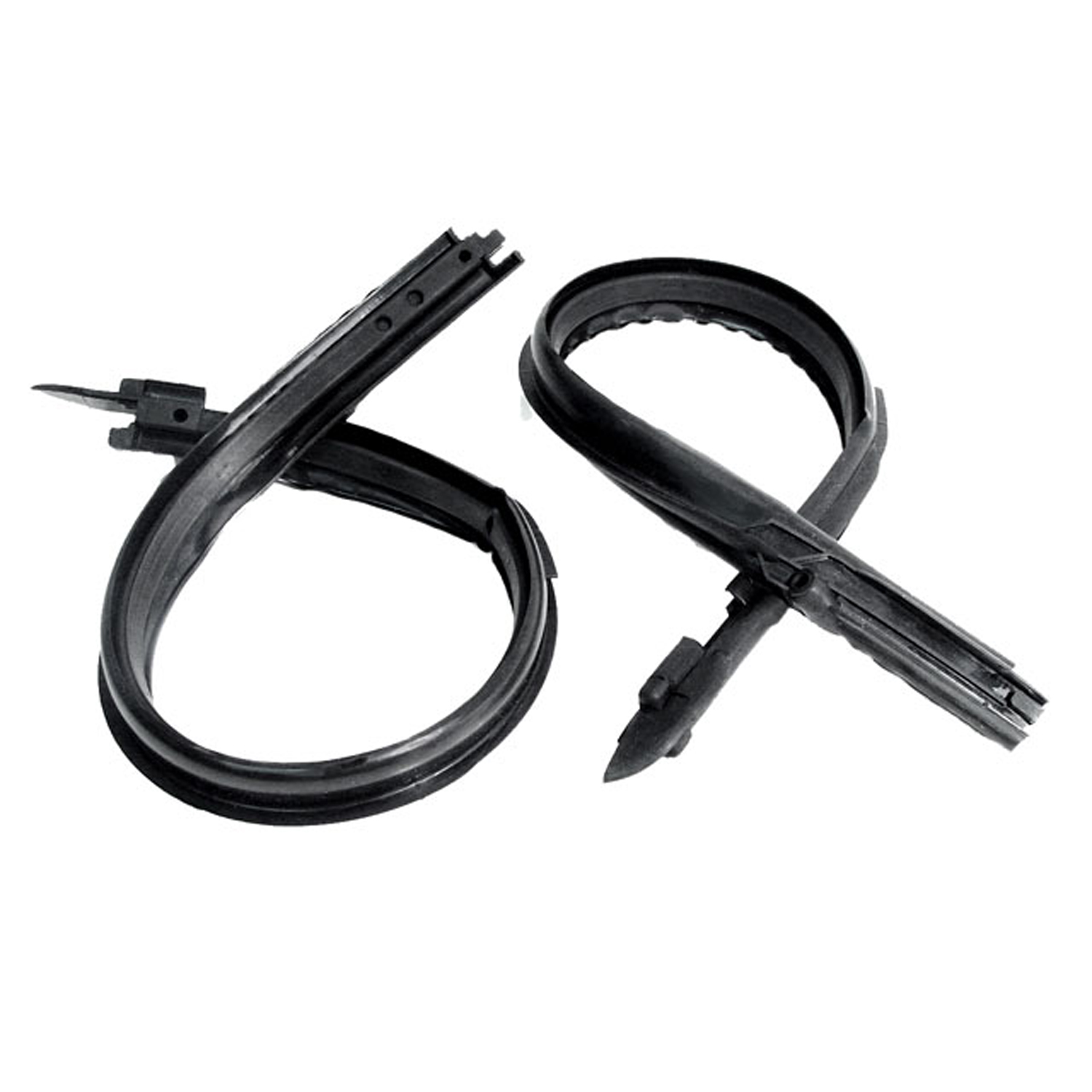 1958 Studebaker Golden Hawk Front Vent Window Seals-WR 9404Front Vent Window Seals. Will not fit Hardtops, only Pillar Models. Each piece 29" long. Pair
1958 Studebaker Golden Hawk Front Vent Window Seals-WR 9404Front Vent Window Seals. Will not fit Hardtops, only Pillar Models. Each piece 29" long. PairWhy Choose Metro?
For over 100 years, Metro Moulded Parts has been the pinnacle of quality in classic car restoration parts. Our commitment to precision and authenticity in every component ensures a perfect fit and an OEM-level appearance.
- Expert Craftsmanship & Quality: Each part is a testament to our dedication to reliability and perfection, crafted from original designs and thoroughly tested.
- Advanced Technology: We use cutting-edge techniques to create flawless, long-lasting parts that surpass others in performance.
- SuperSoft Sponge – The Ultimate Door Seal: Not only are our door seals 30% softer than competitors', but they're also guaranteed to never leak. They effectively reduce wind and road noise, enhancing your classic car's comfort and driving experience.
- Proudly American: Our parts are a product of American craftsmanship, made in the USA with a spirit of excellence and heritage.
- Unrivaled Warranty: We back our products with a 30-year industry-leading warranty, a testament to our confidence in their quality.
Join us in preserving the legacy of classic cars with parts that are crafted for perfection, not just made.

